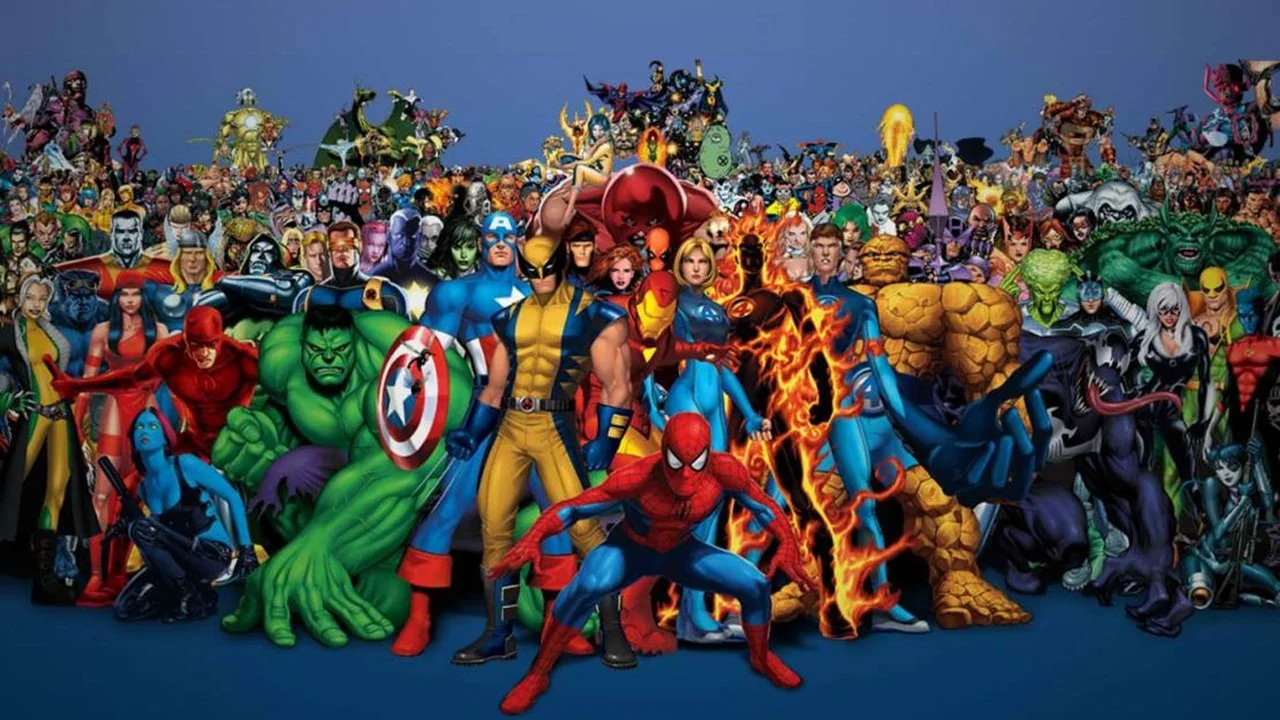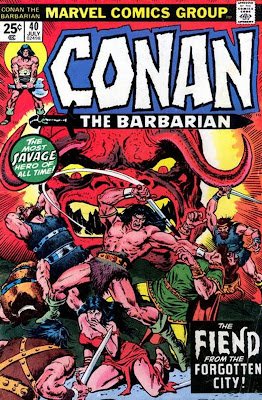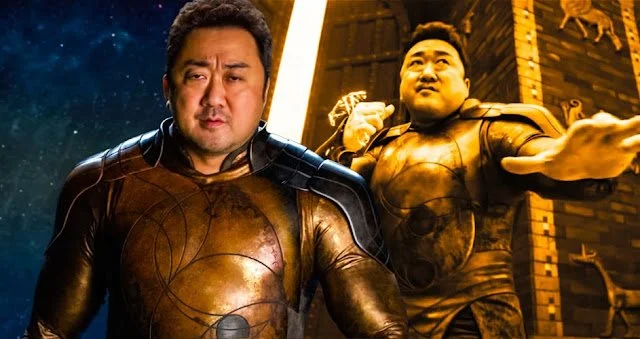Did You Know The Ancient Mythological History Behind This Marvel Character?
The comic book industry is vast in stories and characters. Marvel is no exception, but one of the most interesting things about Marvel’s characters is that they are not always just their own original characters. In fact, a few characters are based on centuries-old myths. Most of these characters are in the comic books and have not been brought to the screen. The recent movie Eternals is the first to bring some of these lesser-known Marvel superheroes based on myths to the screen. One of these characters is an eons-old mythological character Gilgamesh, played in the movie by Ma Dong-seok (also credited as Don Lee).
Gilgamesh is from an epic long poem called Epic of Gilgamesh. The Epic of Gilgamesh originated in ancient Mesopotamia in what is now modern-day Iraq, Kuwait, Syria, Iran, and Turkey. The work was found inscribed on broken clay tablets in an archaeological dig from the ruins of the Library of Ninevah. It was not a full epic, unfortunately. Parts of the story were missing and may or may not be found.
RELATED: A Brief History Of The Eternals
A stone carving of who many believed to be Gilgamesh.
Characters from Mesopotamian myths are not a part of pop culture unlike the gods/goddesses and mythological characters from other ancient kingdoms and stories. For this reason, Marvel took this opportunity to take the characters from Mesopotamian myths and introduce them to the world of Marvel comics. DC has also claimed some Mesopotamian mythological characters as well. Some of the mythological characters that appear in comics are Inanna the goddess of love, Netherworld deities Nergal and Ereshkigal, and of course Gilgamesh.
Gilgamesh was probably the oldest known recorded superhero of a sort. He was also most likely based on a real king of the ancient city of Uruk. There was also Lugalbanda who was so kind to animals that it resulted in his gift of super-speed. We could see him as a literary precursor to DC’s The Flash and an inspiration for other speedy superheroes.
Jack Kirby first brought Gilgamesh to Marvel comics in 1976 when Marvel played the trope of “the forgotten hero.” The character of Sprite (also in the Eternals movie) mentioned that Gilgamesh “lives like an ancient myth, no longer remembered.” We would see Gilgamesh in the comics mostly as an Avenger, although later he would be added as a member of the Eternals as featured in the film. Gilgamesh’s first story as an Avenger was in 1989 in Avengers Vol 1 #300 “Inferno Squared.” In this particular comic, Gilgamesh was referred to as the “Forgotten One,” which is rather true in terms of mythology. On the other hand, the Epic of Gilgamesh is one of the more famous Mesopotamian myths and is not quite forgotten.
Of all the Avengers, Gilgamesh was actually pretty close to Captain America. They would fight battles together in several comics. Gilgamesh’s super strength also mirrored Captain America. In addition, both struggled to navigate a modern world while still engaging with their pasts and the traditions they were used to since Captain America was from the 1940s and Gilgamesh was from ancient Mesopotamia.
In Captain America Annual #11, the villain Kang sent Captain America back in time to Uruk in 2700 BCE. There Captain America met Gilgamesh and they journeyed together on various adventures straight from the Epic of Gilgamesh myths. In the original myth, Gilgamesh searched for the key to eternal life. He was gifted a plant, but then the plant was promptly taken by a snake while Gilgamesh was bathing. In the comic, the snake was an angry sea serpent that Captain America had to fight to save Gilgamesh. Of course, Gilgamesh’s wish to live forever was played out in the comic when he left Captain America and went for the plant instead of staying and fighting.
Gilgamesh was not the only Mesopotamian mythological character in Marvel. Conan the Barbarian #40 “The Fiend from the Forgotten City,” featured the ancient Mesopotamian goddess of love, Inanna. She assisted Conan as he fought against looters in the ancient “forgotten” city. Similar to her mythos, Inanna in Marvel had the ability to heal.
The movie Eternals focused on quite a few minor Marvel characters, many of whom were from other myths. In the movie, Gilgamesh took care of the character of Athena or Thena due to her memory issues. Gilgamesh also liked to cook and went by the nickname “Gil.” He was also quite loved by his friends. While we do not know if Gilgamesh in the myth liked those things, the one constant is that Gilgamesh in Eternals had super strength, which, of course, was the same “superpower” that Gilgamesh in the epic had as well.
It is interesting how ancient Mesopotamian myths would find themselves in comic books of the last few decades. This shows that even ancient myths can have a place in modern society and still hold relevance as Marvel has pointed out with several of their subject matters concerning the characters. Appreciation of storytelling ends up bridging a cultural gap of over 4,000 years and bringing these stories to a new audience, opening up the world, and showing that inspiration can be drawn from anywhere. Marvel and DC featuring these ancient myths would also help to preserve the myths, characters, and stories from all over the world.
READ NEXT: Looking Back At The Best MCU Content From 2021
Source(s): The Conversation






